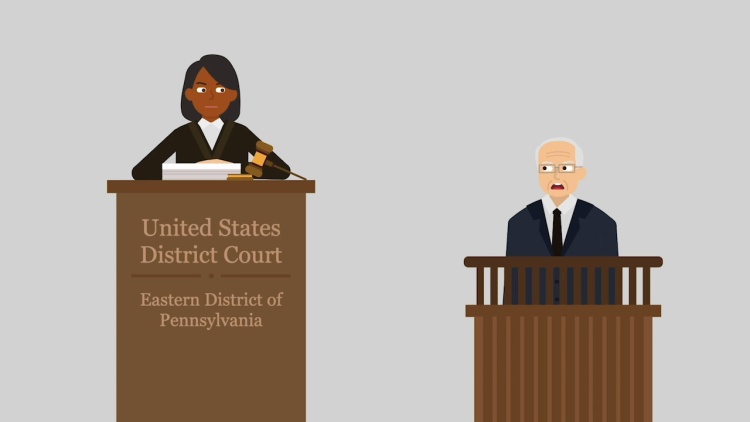Comcast Corp. v. Behrend
United States Supreme Court
569 U.S. 27, 133 S. Ct. 1426 (2013)
- Written by Jamie Milne, JD
Facts
Comcast Corporation (defendant) exchanged established cable systems with other operators in different areas. Comcast thus acquired market dominance in certain regions, including Philadelphia. Philadelphia Comcast subscribers (plaintiffs), including Caroline Behrend, sued Comcast for violating the Sherman Antitrust Act, arguing that Comcast’s conduct reduced competition and inflated prices. The subscribers sought to certify a class of more than two million similarly situated subscribers under Federal Rule of Civil Procedure (FRCP) 23(b)(3). They asserted four theories of anticompetitive harm. Damages expert James McClave testified regarding the difference between actual cable prices in Philadelphia and likely prices absent Comcast’s conduct. The district court determined that only one theory of harm could be proved via evidence common to the class. The other three were thus rejected. For the viable theory, the district court concluded that damages could be calculated on a class-wide basis, even though McClave’s testimony did not isolate the damages specific to the viable theory. The district court granted class certification. The court of appeals affirmed, deeming it inappropriate to inquire into the sufficiency of the damages methodology at the certification stage because doing so encroached on the merits of the case. The United States Supreme Court granted certiorari.
Rule of Law
Issue
Holding and Reasoning (Scalia, J.)
Dissent (Ginsburg, J.)
What to do next…
Here's why 907,000 law students have relied on our case briefs:
- Written by law professors and practitioners, not other law students. 47,100 briefs, keyed to 996 casebooks. Top-notch customer support.
- The right amount of information, includes the facts, issues, rule of law, holding and reasoning, and any concurrences and dissents.
- Access in your classes, works on your mobile and tablet. Massive library of related video lessons and high quality multiple-choice questions.
- Easy to use, uniform format for every case brief. Written in plain English, not in legalese. Our briefs summarize and simplify; they don’t just repeat the court’s language.








